
“Best Practices” is a programme that disseminates high-quality projects that solve important global issues. Projects that embody the theme of Expo 2025 Osaka, Kansai, Japan, “Designing Future Society for Our Lives”, were selected as the Best Practices for the Expo.
The best practices that were selected are introduced on the Expo 2025 Osaka, Kansai, Japan official website, and during the Expo, they are displayed in the Best Practice Area.

Best Practices are on display in the Future Life Village.
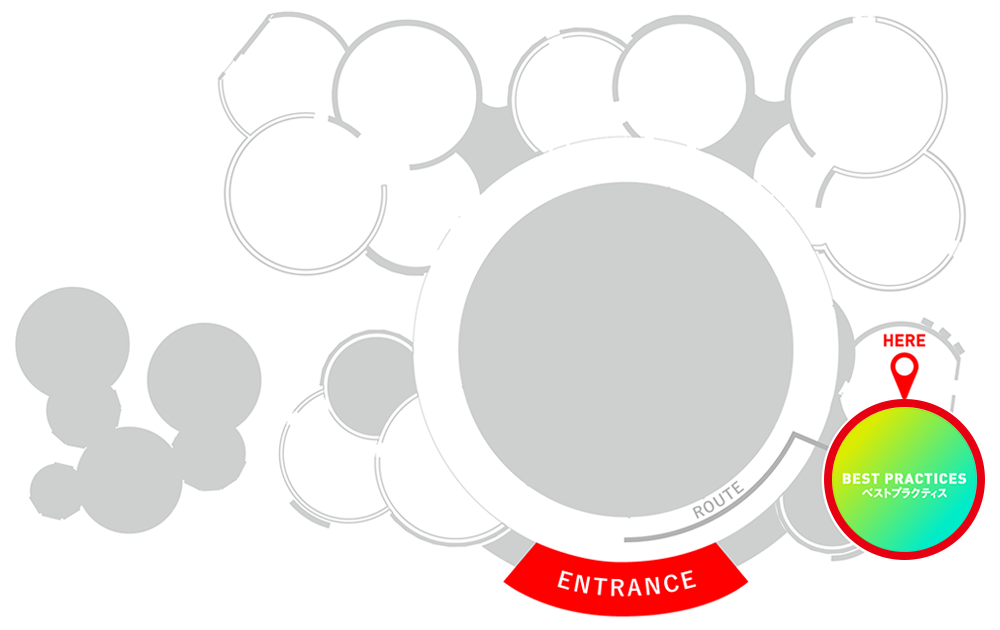
The diverse initiatives of the award winners, selected as Best Practices, are showcased through panels and videos. In a space where you can feel a sense of connection and expansion through colourful ribbons, we will create opportunities to connect and expand ideas that contribute to making a better future, inspiring others to take a new step towards that future.

At Future Life Village, the “Best Practices Day” event that features presentations and opportunities for interaction will be held on the second Thursday of each month from May to August.

A trophy, crafted from a variety of colourful ribbons symbolising a wide range of diverse personalities and ideas, honours the selected winners. Visitors can take home a ribbon related to a project they resonate with, in this way taking their own step towards the future. Ribbons will be available to the first 100 visitors each day during the Expo! (Limited to one ribbon per person)

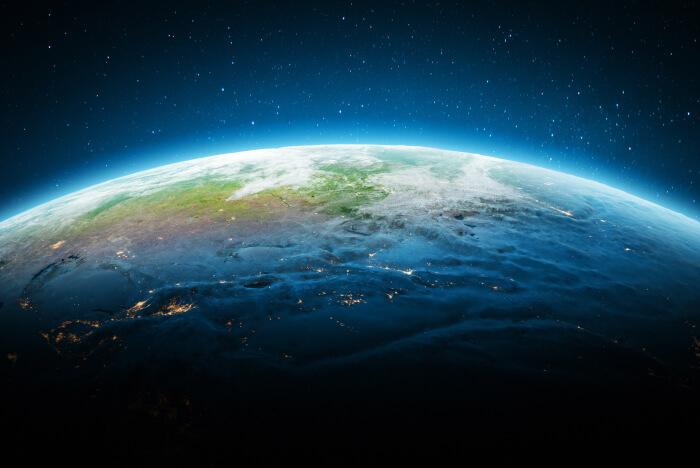
| Project | Team | Main Area of Initiative |
|---|---|---|
|
A framework for a sustainable future with biochar Carbon Negative Project |
Ritsumeikan University Carbon Negative Project | Japan |
|
Restoring forests, protecting watersheds, building climate resilience. Masungi Geopark Project: Restoring Forgotten Watersheds through Youth-Led Movements |
Masungi Georeserve Foundation | Philippines |
|
Empowering farmers with cost-effective tools for improved soil health Nepal Soil Health Initiative |
ATC Nepal | Nepal |
|
Harnessing nature’s blueprint to produce freshwater sustainably. Sustainable water and floating farm solutions |
MANHAT | UAE |
|
Co-creating a sustainable society with the Zero Garbage app! Zero Waste Co-Creation Network |
Kyoto Beyond SDGs Consortium | Japan |
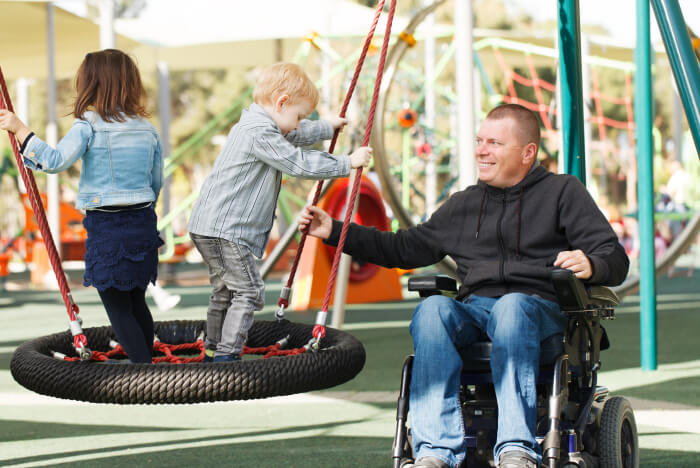
| Project | Team | Main Area of Initiative |
|---|---|---|
|
Menstrual products that are good for the body, community and environment Completely biodegradable and compostable sanitary pads |
Saathi | India, Malaysia, Kenya |
|
We are fighting for good vision for those in need worldwide. GoodVision for all people |
EinDollarBrille e.V. | Burkina Faso, Brazil, India |
|
Empowering amputees with bionic prosthetics, rehab, and automated workflow Revolutionize your mobility |
Cure Bionics | Tunisia, Libya |
|
Saving lives and transforming healthcare through innovative training, technology, and partnerships. Transforms care, Trains Responders, Saves lives |
Health Emergency Initiative (HEI) | Nigeria |
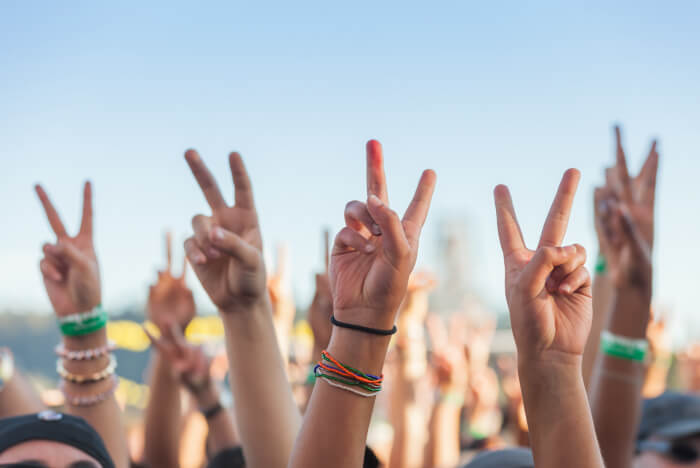
| Project | Team | Main Area of Initiative |
|---|---|---|
|
Clean water empowers communities for peace and sustainability Clean water supply for the future of communities |
uni masaqueri Alliance | USA, Colombia. Mexico |
|
Street Business School empowers women to become thriving entrepreneurs. Poverty Alleviation through Entrepreneurship |
Street Business School | Uganda, Kenya, Tanzania |
|
Comprehensive communication solutions for the deaf Deaf Translator |
TensorUnit | Benin |
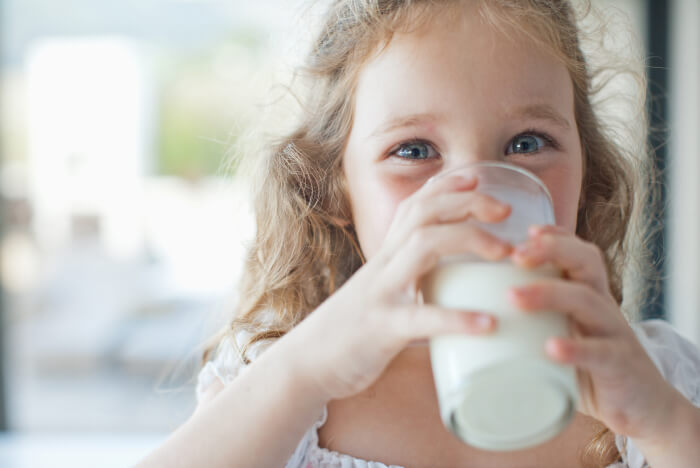
| Project | Team | Main Area of Initiative |
|---|---|---|
|
Mountain women blend heritage and fashion to drive socioeconomic change. Fashion for Fragile Ecosystems |
Mountain Partnership Secretariat (FAO) | Guatemala, Kyrgyzstan, Peru |
|
New leather-like material made from discarded pineapple leaves PEEL Lab |
PEEL Lab | Japan, Thailand, Vietnam |
|
“Blue Planet,” a bright future thanks to seaweed Seaweed Enriches People and Seas, Enriches Health |
kaisoulab | Japan |
|
Sustainable agriculture and the future of the environment through the satellite data and AI Field Data Terroir Branding Project |
Sagri & Dentsu Terroir Project | Japan, India, Viet Nam |
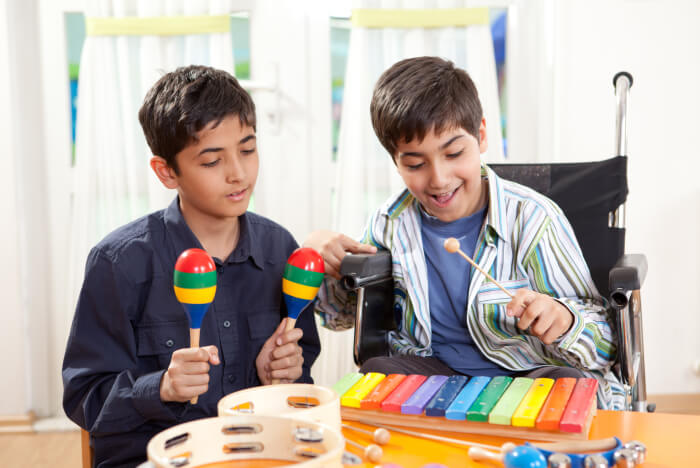
| Project | Team | Main Area of Initiative |
|---|---|---|
|
Educase: a backpack that turns into a desk for accessible, portable learning. Innovative Solutions for Child-Friendly Spaces |
Educase | Nepal, USA |
|
Unlocking nano-worlds for young minds through DIY microscopes Microscope Unveils the Macro-World’s Scope |
Strømlinet Nano | Denmark, Germany, Japan |
|
Building reliable, accessible, shareable knowledge for all Wikiproject for a United Nations of knowledge |
FAO Publications | All English-speaking countries |
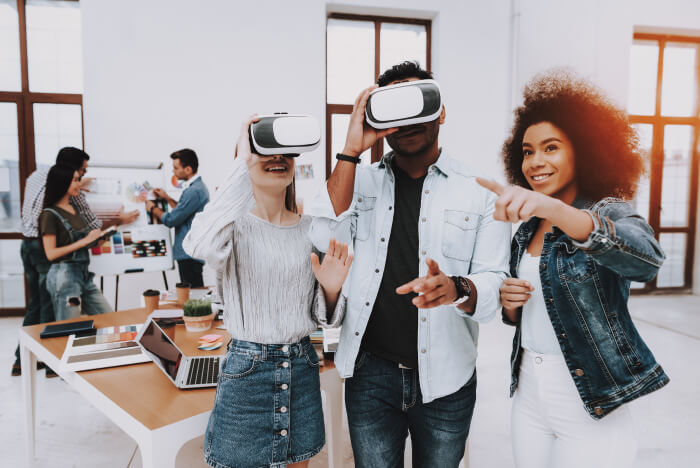
| Project | Team | Main Area of Initiative |
|---|---|---|
|
Making change using culture as a tool Art for life – Heritage for Development |
Contact Base | India |
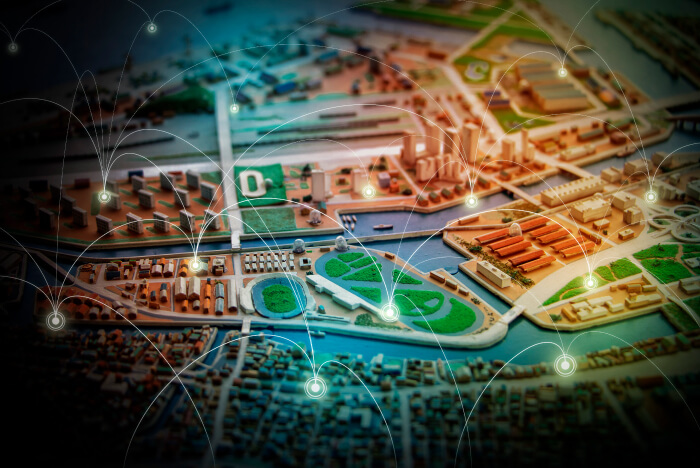
| Project | Team | Main Area of Initiative |
|---|---|---|
|
We want to share the importance of disaster preparedness and save lives. Building a Sustainable Future with the Power of Co-Creation: JICA Kansai/DRLC |
JICA Kansai/DRLC | Worldwide |
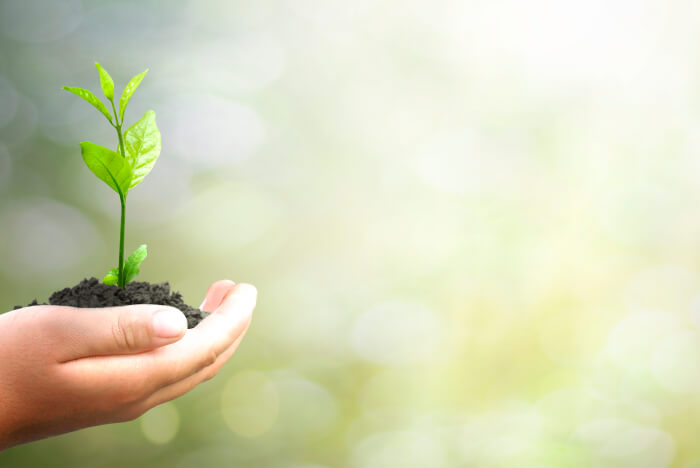
| Project | Team | Main Area of Initiative |
|---|---|---|
|
We propose a future where we walk alongside paper yarn and paper yarn products. Creating a Future Wearing Paper Thread Products |
Team Kamiito | Japan, Italy, Germany |
|
Empowering remote communities with innovative solar solutions. Empowering Off-Grid Communities via Solar Energy |
YY ReGen | Lebanese |
|
Making MR rehabilitation more enjoyable and efficient From Osaka to the World! Project to Support Human Health with MR |
Techlico Inc. | Japan,Cambodia |
|
Chalk connects food and art, to create a new future. Turning CO2 into Chalk: Sustainable Innovation |
OOYOO Ltd. | Japan |
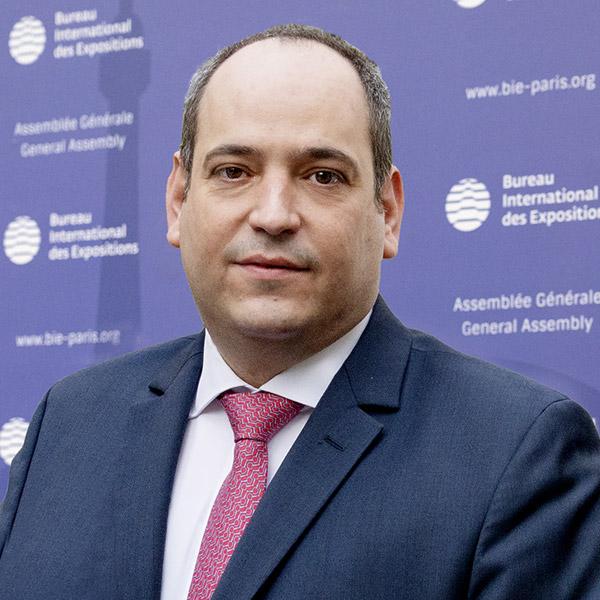
Mr. Dimitri Kerkentzes
Secretary General of the Bureau International des Expositions (BIE)
Joined BIE in 2003 after stints in the energy industry and the UN. He has worked on numerous Specialised Expos and World Expos, including Expo 2010 Shanghai and Expo 2015 Milan. As BIE Deputy Secretary General, he played a key role in restructuring and developing the Secretariat. He became BIE Secretary General in January 2020.
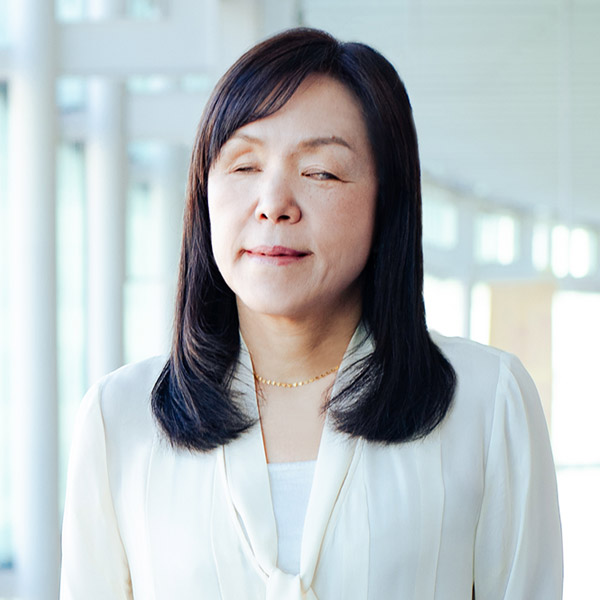
Ms. Chieko Asakawa
Chief Executive Director, Miraikan – The National Museum of Emerging Science and Innovation; IBM Fellow; Deputy Chairperson, Japan Association for the 2025 World Exposition
Joined IBM Tokyo Research Laboratory in 1985, where she conducted R&D for non-visual UIs. She became an IBM Fellow in 2009.
In April 2021, she became the second chief executive director of Miraikan. Recognised with an award in 2003 from the Women in Technology International. Awarded the Medal of Honour with Purple Ribbon, 2013.
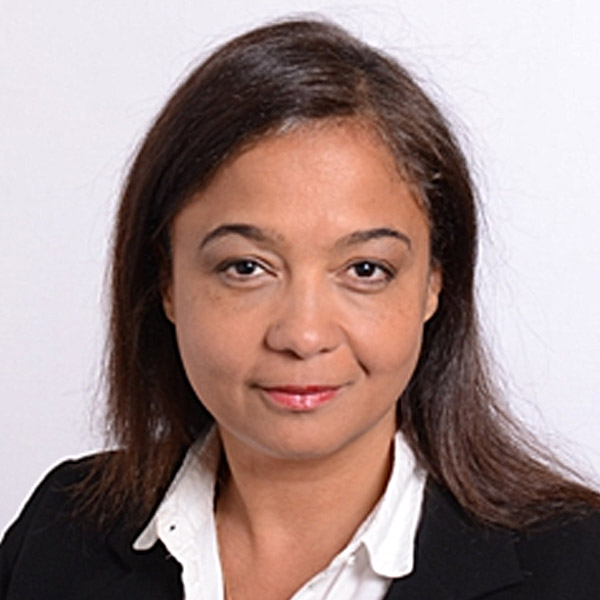
Ms. Marianne Mensah
CEO, ClimateInnov (CIEL)
CEO of ClimateInnov (CIEL) whose purpose is to advise business on their sustainable transformation and ESG, building on their power to change and innovate. In addition, through higher education, she engages young designers to become catalysts of the development of a regenerative, net zero and resilient society. She has worked on numerous projects in the fields of clean energy, environment and education for international development organizations.
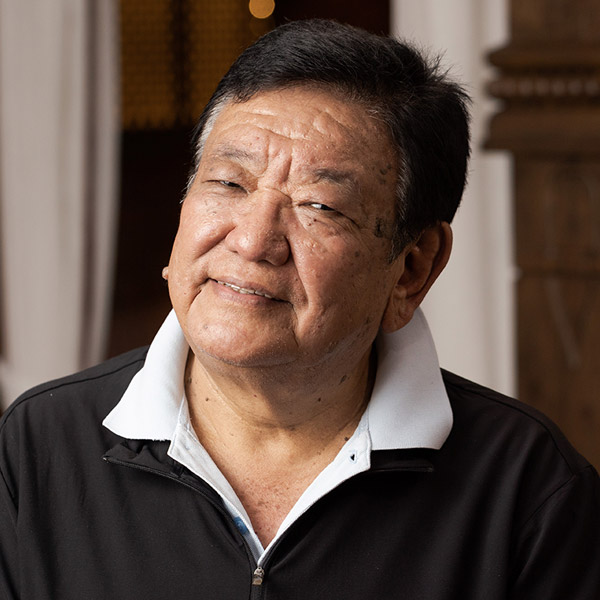
Dr. Sanduk Ruit
Founder and Medical Director of the Tilganga Institute of Ophthalmology (TIO)
During his career in Australia, he developed inexpensive intraocular lenses for small-incision cataract surgery. He subsequently established an ophthalmology clinic in Nepal in 1994 and has performed sight-restoring surgeries on more than 100,000 patients. He has received numerous awards, including the Ramon Magsaysay Award, for his contributions to cataract treatment.
At the Expo , diverse participants take the initiative in a participatory programme called TEAM EXPO 2025, which aims to create an ideal future society together.
Among the activities gathered by this "TEAM EXPO 2025" programme, the most outstanding initiatives will be selected as the "Best Practices".
Therefore, projects that are candidates for "Best Practices" must be previously registered in "TEAM EXPO 2025"(A separate application process for “Best Practices” is required).
By registering with the “TEAM EXPO 2025” programme, the purpose and activities of the project will be made clear to other participants in this programme, the public through the official website of the “TEAM EXPO 2025” programme, and the exchange and co-creation initiatives implemented by the Organiser of the World Expo 2025.
This encourages interaction between participants, or between participants and others, and is expected to result in better projects that are worthy of being best practices, such as evolving projects or co-creation leading to alternate projects. This may result in projects that are more sustainable and could lead to the resolution of complex and local issues, or create new projects that lead to a better future.